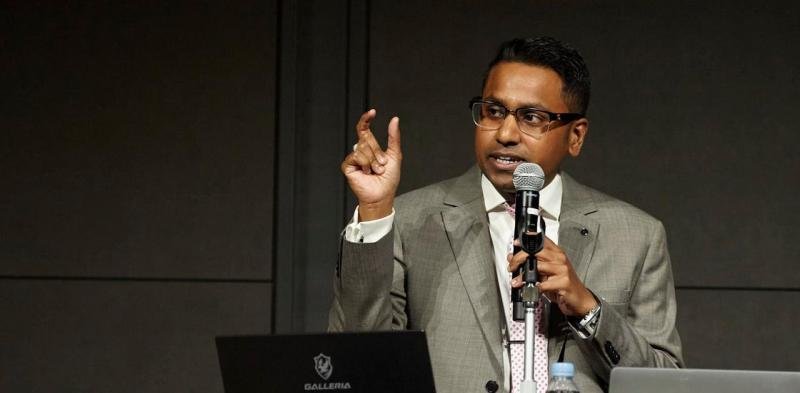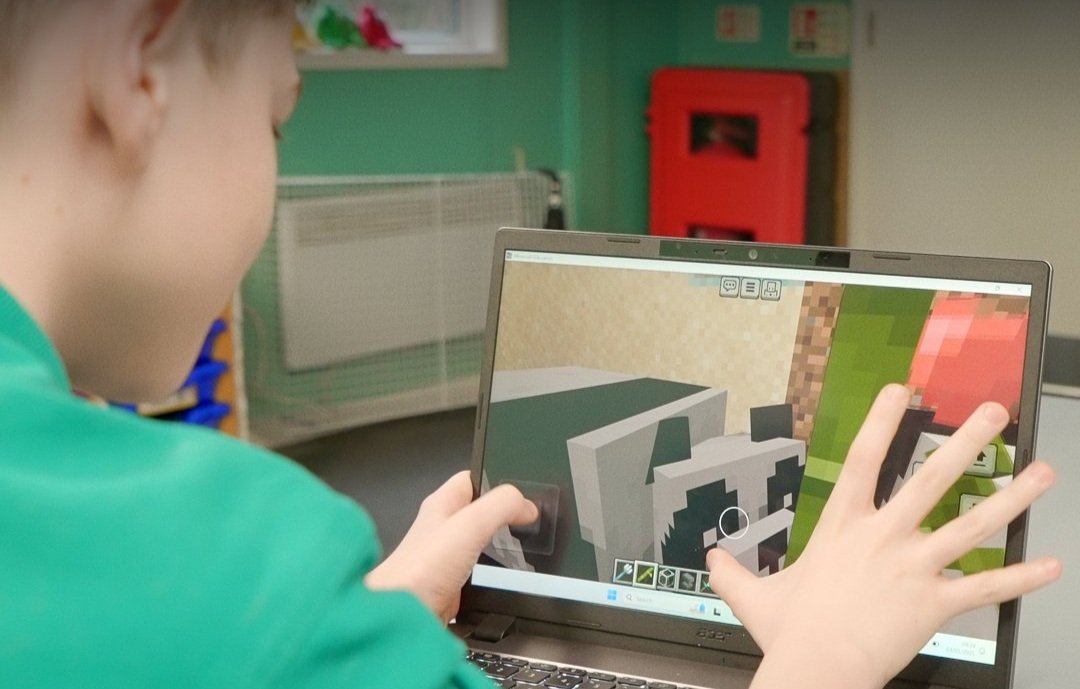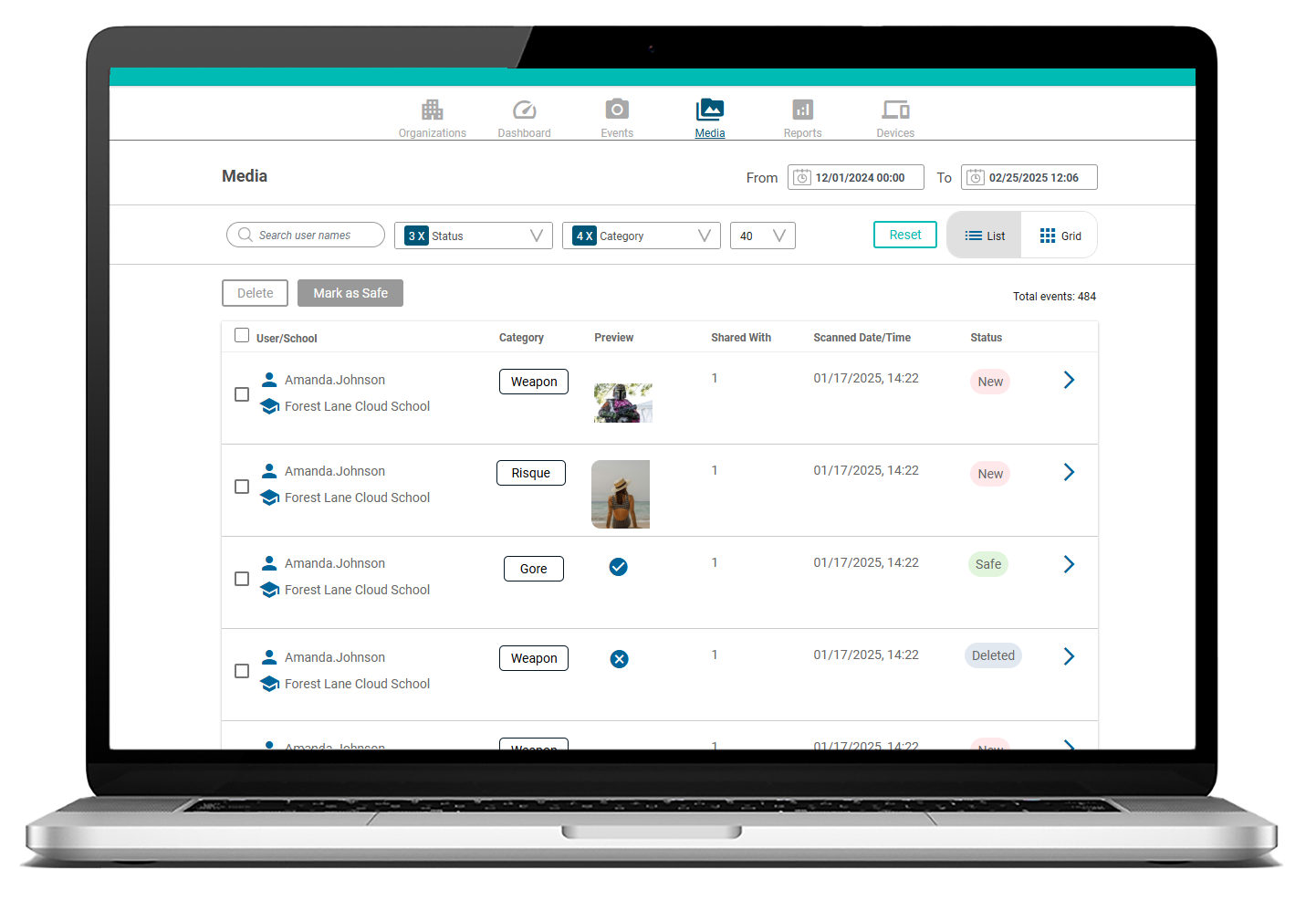University of Melbourne and SMART Technologies study IDs strategies and tech to help neurodivergent
SMART Technologies, an EdTech provider, has partnered with the University of Melbourne, Australia, to run a research project with 6 schools’ pupils exploring how the classroom environment can better support neurodivergent learners.
The study looked at how appropriate technology can be best deployed or developed to suit the 36 strategies identified as helpful, such as empowering student engagement and feedback with handheld devices and such-like, in support of an over-arching child-centric approach that the kids themselves said they want.
The study identifies strategies, design tips, and tools that promote engagement, reduce inclusion barriers and empower special educational needs (SEN) students’ ability to succeed.
The aim is to foster inclusive classroom practices and deploy research-backed technology that facilitates authentic inclusion. The research can also aid future development of targeted tools. The 36 recommendations for teachers include a roadmap for implementing existing technology options and designing inclusive spaces, plus specific tech tools that can enhance existing classroom practices in the present day.
The study and supporting tech tools that are already available can be viewed in London this month at the Bett 2025 EdTech show at London’s ExCel venue on 22-24 January 2025, where Smart Technologies has a stand. Key findings from last year’s study, detailed in the new University of Melbourne report, include the need to:
Transform SEN kids’ engagement: by adopting specific EdTech tools that affirm student voices and help to deliver their self-identified needs.
Empowerment: comes by involving students as collaborators in choosing and implementing their specific individual and classroom tech tools to aid their learning pathway, with appropriate support.
Child-centered practices: are vital to support a shift away from traditional behavior-based approaches. The focus should instead be on meeting each student's particular strengths and needs with whatever support is needed – be that font 18 on a laptop for the visually impaired or special games or repetitive techniques to help the inattentive to concentrate, calm environments for the Autistic and so on.
In the UK there are presently more than 1.7 million SEN pupils, so the market at this month’s Bett 2025 EdTech show in London is clear. Despite record levels of UK SEN spending, however, the latest government report says there are no signs of improvement in a failing system that is in crisis and isn’t meeting kids needs adequately. Better strategies and tech support, where appropriate, may be able to help.
This is a global issue as well because diagnoses rates for learning disablement (LD), ADHD, Autism and other SEN numbers are going up globally around the developed world. There is a worldwide need to support and include SEN kids more fully in mainstream schools, where that is possible, or to deliver better provision in specialist schools.
It is to be hoped the study can help with this aim. If appropriate funding can be found by the Australian, British and other governments around the world to support better identification and provision for SEN kids’ needs then schools around the world should have a better chance of meeting this rising need.
Rising global SEN numbers
It is estimated that over 20% of the global population is neurodivergent, claim the research partners in their accompanying press release. But traditional classrooms often exclude these students by prioritizing norms designed for neurotypical learners, such as felt tip pen boards or hierarchical spaces. These environments create significant challenges, forcing neurodivergent students to expend energy masking their differences rather than focusing on learning. This research seeks to tackle these barriers head-on and reshape how we think about inclusion and engagement for all.
“A learning space where everyone feels safe, happy, and part of the community” – that is the vision of Matt Harrison, report author and lead researcher at the University of Melbourne, plus the co-founder of the University of Melbourne Neurodiversity Project. Identifying a significant gap in education, Harrison’s collaboration with Smart on the report sets out to amplify the voices of neurodivergent students.
"Our extensive literature review found that only a very small number of studies actually included the voices of neurodivergent students,” said Harrison. “By engaging directly with these learners, we gathered authentic insights into strategies and tech tools that make a real difference.”





















